In Pakistan, cricket isn’t just a sport — it’s a heartbeat. The passion runs deep, stitched into the fabric of everyday life. Streets go silent during key matches, televisions blare in barber shops and tea stalls, and victories are celebrated like Eid. But the country’s relationship with cricket has always hinged on one thing: the national team’s performance.
When the team is doing well, there’s a buzz — stadiums fill up, social media lights up, and even the most casual fans join the chorus. But when things go south, the excitement fades just as quickly. That love-hate pendulum swings over to the Pakistan Super League (PSL) too.
Now 10 editions in, the PSL has grown — no doubt about it. It’s brought international attention, produced local heroes, and added some polish to the domestic cricket scene. But its popularity still rides the highs and lows of the national team. A strong showing by the boys in green gives the league a lift. A string of poor performances, and suddenly the enthusiasm fizzles.
What’s made matters worse is that it’s not just the fans who are disappointed. Even some of the franchise owners have started to voice their frustration over how the league is being run and promoted. The decisions taken by the Pakistan Cricket Board (PCB) and PSL management — especially when it comes to marketing and fan engagement — haven’t gone down well with stakeholders who feel the league could be so much more.
The league has leaned heavily into online visibility — and especially after its fifth season, it’s clear the focus has been on broadcast rights and digital partnerships. But here’s the thing: a league can’t thrive on screens alone. You need the roar of the crowd, the energy of a packed stadium, and the heartbeat of fans who feel like they belong.
As the 10th edition of the PSL kicks off, the big question isn’t about branding or streaming numbers. It’s about connection. Can the PSL become more than just a televised event? Can it build a community, a culture, something that lasts? The answers might not lie in international trends or flashy campaigns — they might just be found here, at home, in the very fans it hopes to win over.
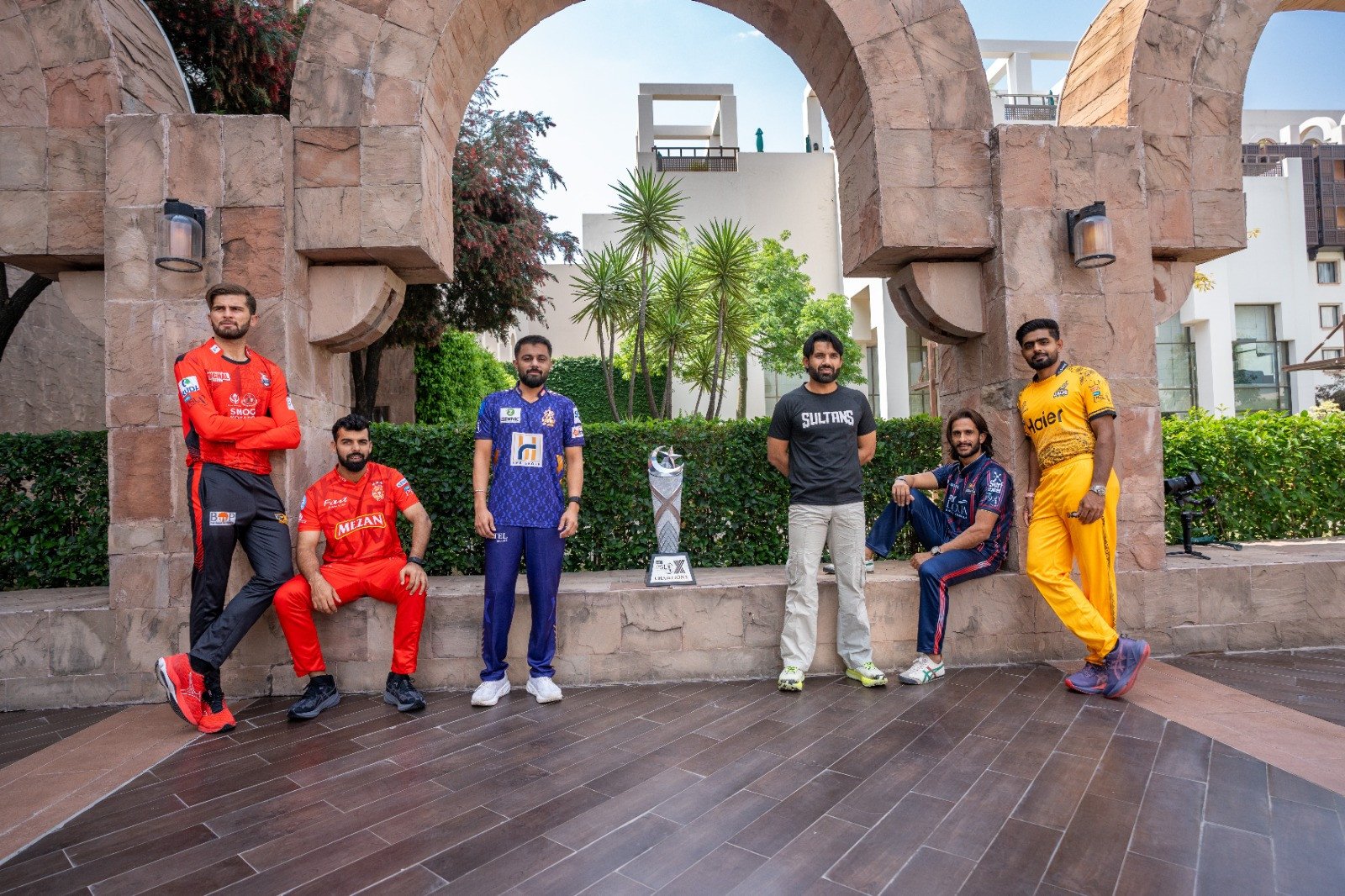
The down side
As the PSL hits its 10-year mark, it’s clear the league has come a long way. But behind the bright lights, catchy hashtags, and slick promos, some cracks are beginning to show — and they’re getting harder to ignore.
It’s not just the fans who are talking. Franchises are raising eyebrows, players are quietly grumbling, and even journalists covering the league can sense the shift. From underwhelming match quality to lower-than-expected viewership, there’s a growing feeling that something’s off.
Let’s start with the most important piece of this puzzle — the players. These are the guys who bring stadiums to life and give fans something to cheer for. But this season, their energy seems... off. You could feel it during the pre-season press conference. The captains looked tired, their answers lacked spark, and the usual banter and optimism felt like it had been replaced by awkward silences and rehearsed lines.
Multan Sultans skipper Mohammad Rizwan dropped a quiet bombshell when asked about the recent dip in Pakistan’s cricketing performance. “Everyone knows what’s going on. Each person is responsible for what they have control over,” he said — a line that sparked more speculation than clarity. Fans and analysts have been parsing that sentence ever since, trying to decode what he really meant.
Then came a tense exchange between players and reporters. The mood in the room dipped, until PSL CEO Salman Naseer stepped in and asked each captain to share a favorite PSL memory — a classic PR move to lighten the mood. But even then, the answers were flat, the smiles felt forced. It was the kind of moment where you realize something deeper might be wrong.
And that’s the real concern: when captains — the heartbeat of their teams — seem disinterested, it trickles down. If they aren’t hyped, how do you expect the rest of the squad to be?
On top of that, scheduling headaches continue to haunt the league. This year again, PSL overlaps with the Indian Premier League — a global juggernaut with way more financial muscle. That means international players have to choose, and increasingly, they’re choosing the IPL. Just look at Peshawar Zalmi’s Corbin Bosch — he pulled out to play for the Mumbai Indians. Others like Kane Williamson, Jonny Bairstow, and Adil Rashid were never really on the table, thanks to the clash.
And that leads to another recurring issue: the PSL’s over-reliance on foreign stars. While local talent is growing and deserves more spotlight, the reality is that international names still draw eyes to screens and butts to seats. But between global calendars and security concerns, getting those players to commit — and stay — is proving harder every year.
Bottom line: the league needs a serious reset. Not in branding, not in logos — but in energy, planning, and direction. The PSL is still a loved part of Pakistan’s cricketing identity. But if it wants to stay that way, it has to fix what’s clearly broken before the fans stop caring.
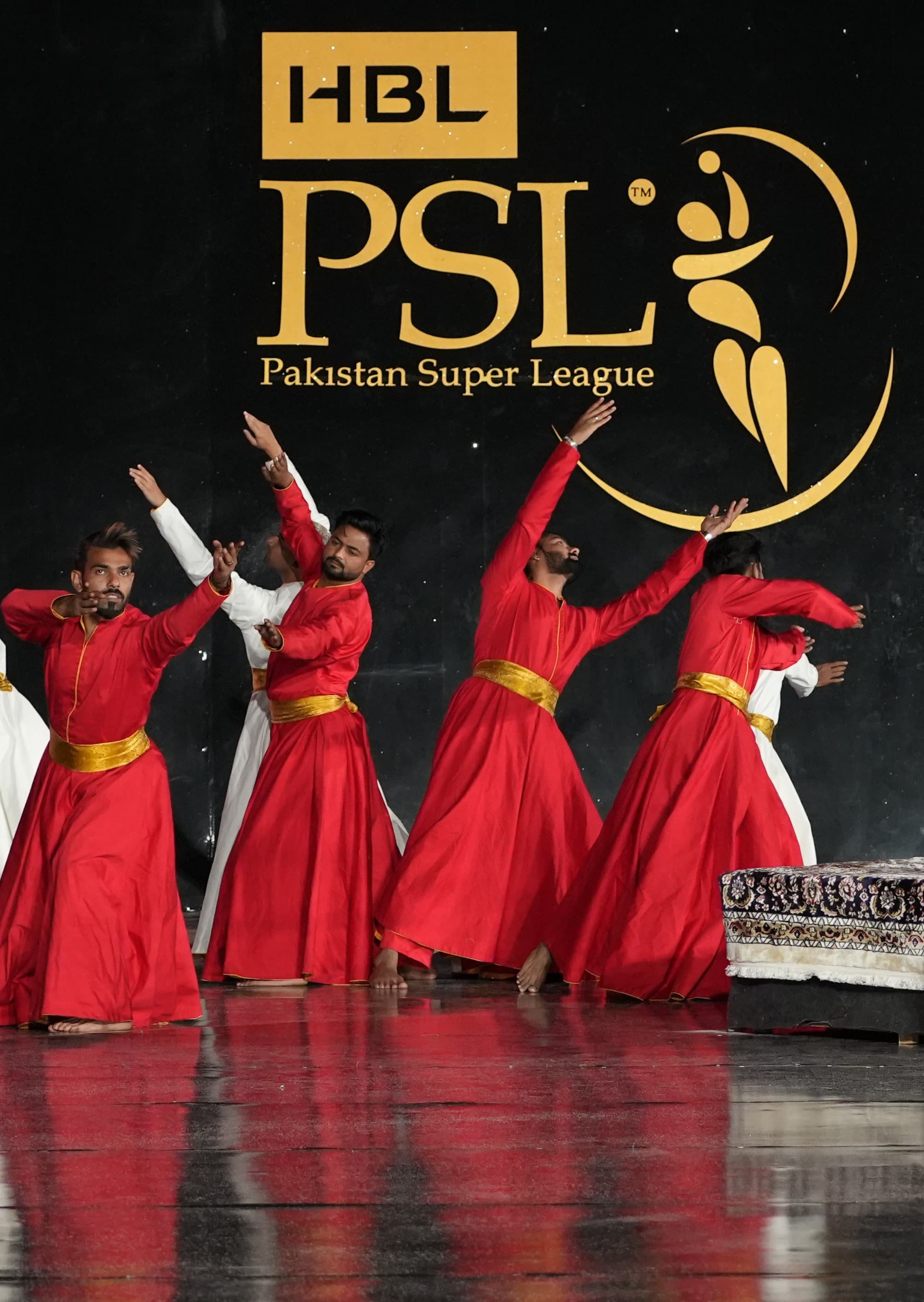
The drama before the start
As the PSL X gears up, the excitement among fans is palpable, but beneath the surface, frustrations simmer. At a time when fans are feeling disappointed, franchise owners are also voicing their complaints about the PSL and PCB management, questioning the lack of innovation and effective promotion. One such owner, Ali Tareen of Multan Sultans, in a recent podcast of a cricket website, has come forward to express his concerns and criticizes the PCB's claims of making the upcoming PSL the "biggest and best" ever, calling it "hollow words." He questions the lack of innovation, citing the same teams, games, and stadiums as previous years.
"Why do you think it's not going to be the biggest? Same games, same teams, same stadiums, what's different?" Tareen asks, expressing frustration. He suggests that small improvements, such as enhancing fan experience, food, and activities, could make a difference.
Tareen references other leagues, like Big Bash, which introduced new concepts like power plays. "If you don't have the intention to innovate, to add something new, to add a different flair, then for God's sake, stop saying this is going to be the biggest PSL," he says.
Tareen also didn’t hold back on criticizing on how the trophy for PSL 10 was unveiled on a game show — Jeeto Pakistan. “What are they doing to our amazing, successful brand? I mean, you are unveiling a trophy on Jeeto Pakistan. What is next? You are going to give the PSL champion a water cooler,” asked Tareen.
He urges the PCB to provide concrete steps for improvement, such as new anthems, international stars, or games abroad. "Give me concrete steps of how you are making this the biggest PSL ever. You tell me. We are the stakeholders, this is our team. We want this to be the biggest PSL ever," Tareen emphasizes.
In response to this, the Karachi Kings and ARY owner Salman Iqbal responded, defending the PSL as a "made-in-Pakistan" success story and criticizing Tareen for publicly ridiculing the league. "Since the start of PSL, many doubted us, critics from India and even some local TV channels. But what truly hurts is when one of our own, a team owner, chooses to publicly ridicule and disrespect this league despite its continuous growth. PSL is Pakistan's pride, a product which has made stars," Iqbal said.
A PCB official also accused Tareen of not attending PSL meetings and trying to create controversy. "If there are issues, they should come to us directly. Unfortunately, the complainant doesn't even come to meetings — and such issues are never raised at those meetings," the official said to Minute Mirror.
Tareen later clarified his comments, stating he wants to see growth, innovation, and improvement in the PSL. "I want us to keep doing good work as I love Pakistan cricket and PSL a lot. I don't want that us to stagnate as it appears now. I want that we revitalise PSL, grow it and innovate it. I am against the mediocrity that we are seeing from last year," he said. "Till my last breath is left, till I get opportunities, I will keep pushing the PSL management to keep making the project much better, especially for fans, as a viewing experience, the experience of going to the stadiums, overall to make it an international brand."
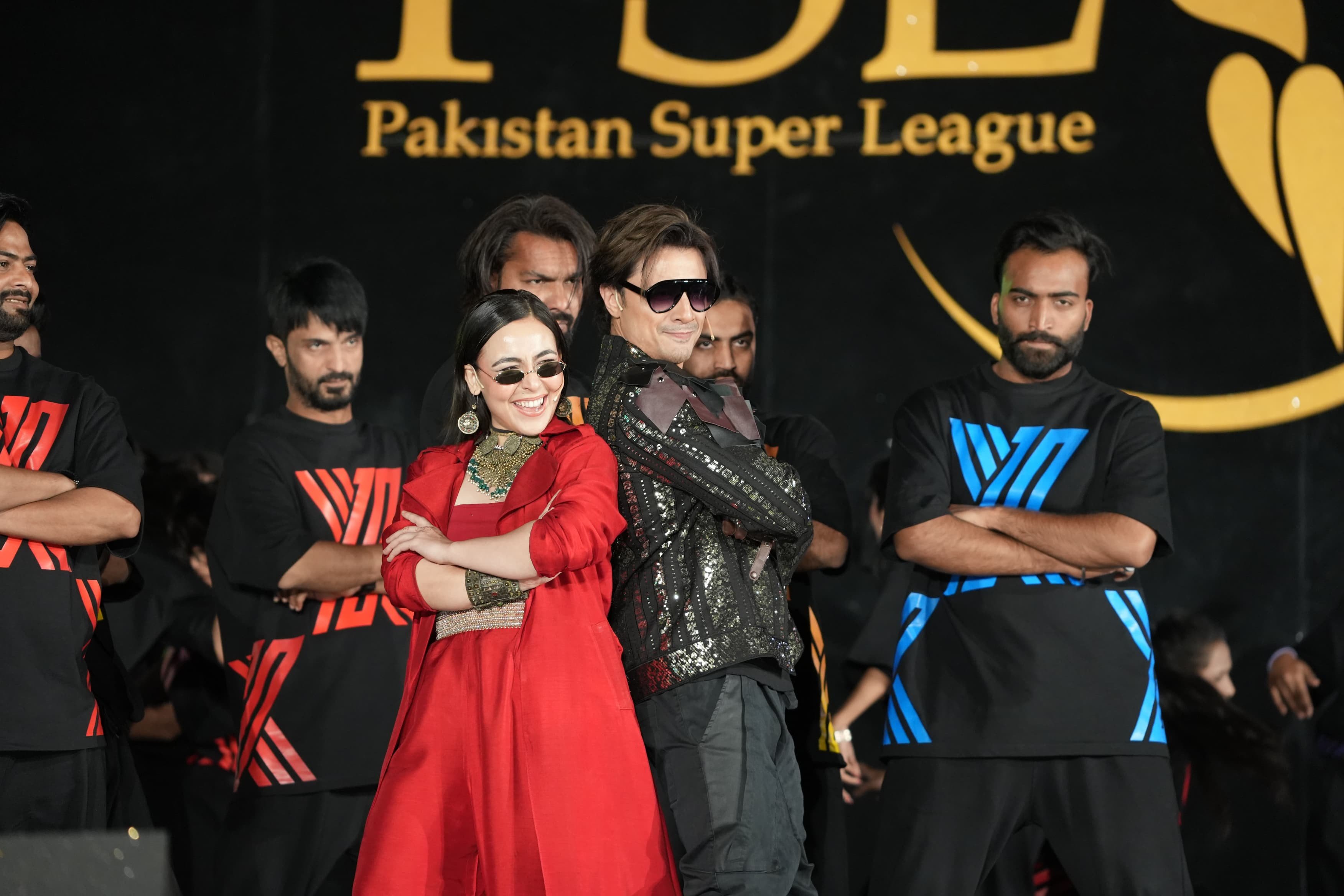
Declining fan interest
With the national team’s recent poor form, the drama between franchise owners, and the noticeable absence of top international stars, fan interest in the PSL seems to be dipping — and it’s hard to ignore. What was once the most anticipated event in Pakistan’s cricket calendar now feels like it’s struggling to generate the same kind of excitement. The buzz, the anticipation, the sold-out stadiums — it’s not what it used to be.
Mohib Asad, a 21-year-old fan who has followed the PSL since its first ball was bowled, puts it plainly: “This is the edition where I'm not excited much about it. The recent performance of the players in the Champions Trophy and then against New Zealand have almost killed the excitement about PSL.” He adds, “Earlier, we used to be so excited about the league and the players that we bought the tickets beforehand. Right now, there is no excitement, but we are hoping to see some good performance in the matches that might pull us back.”
And Mohib isn’t alone. Scroll through social media, or talk to fans who once planned entire weeks around the PSL schedule, and a similar sentiment echoes: the heart is still there, but the spark is missing.
It’s a wake-up call for the PSL management and the PCB. If the league is to regain its footing, the first and most important step is reconnecting with the fans — the lifeblood of any sporting event. That means looking beyond just online numbers and flashy campaigns and focusing on what makes people actually show up — in the stadiums and in front of their screens.
But it’s not all doom and gloom. For all the criticism and challenges, the PSL still holds a special place in the hearts of millions — and for good reason. Over the years, the league has delivered unforgettable moments, unearthed incredible local talent, and brought international cricket back to Pakistan’s soil. Amid the noise, it’s important to recognize the good that has come out of the PSL — and why, despite its current setbacks, it still has the potential to rise even higher.
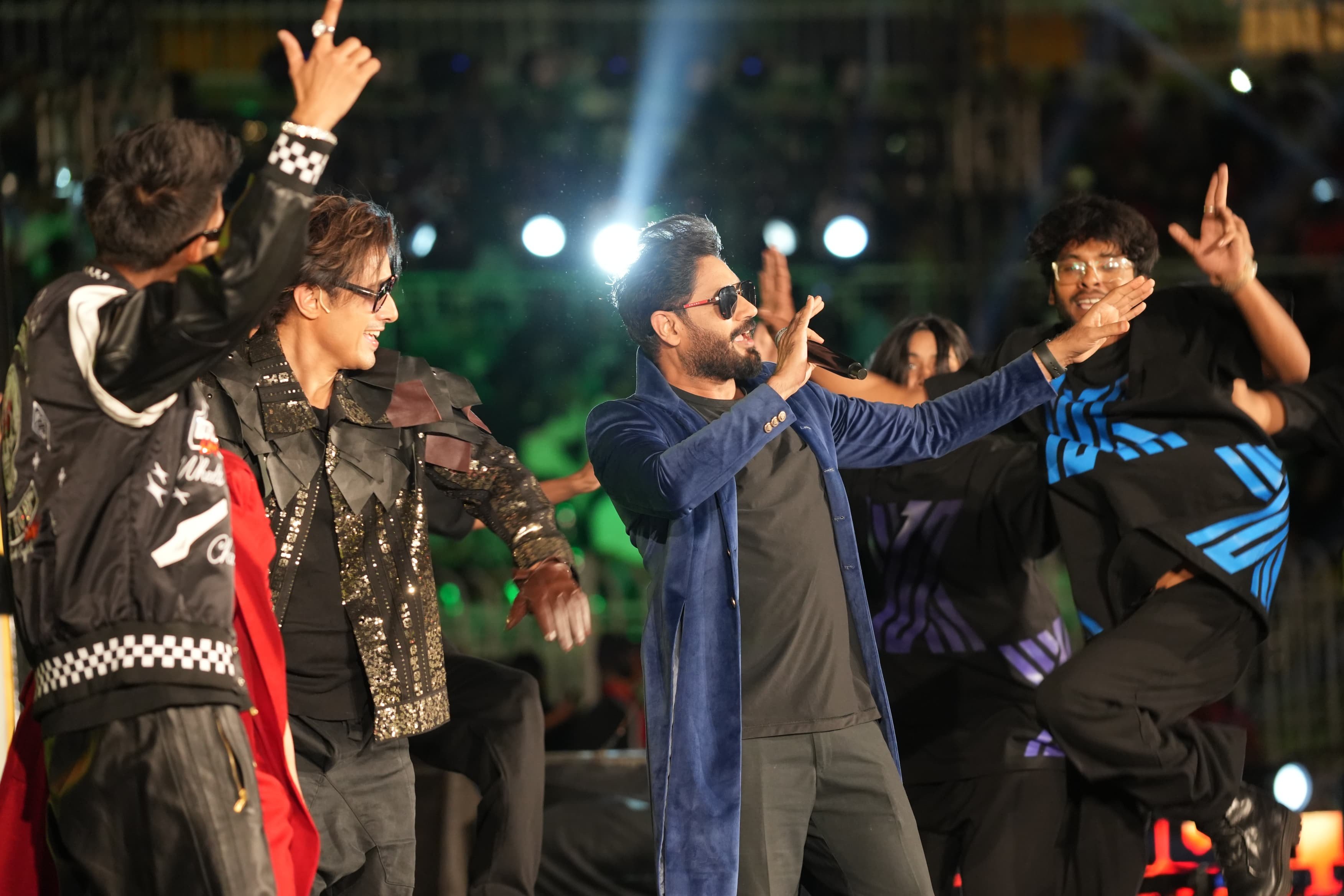
Bright spots in PSL X
Sure, there's been a fair share of criticism this time around — and not without reason. But in the middle of all the noise, it’s important to also talk about what’s working. Because despite the bumps, PSL still brings a lot to the table. You can’t ignore the good it’s done for cricket in Pakistan and how far it’s come since 2016.
The fan base Is still strong: Let’s be real — people still care about PSL. Even if the buzz doesn’t feel as electric this time, the league continues to have a massive following. It’s now a fixed part of our cricket calendar. Fans still tune in, still argue over team choices, and still block time out to watch the matches. You’ll see it on your timeline, in group chats, in living rooms — that connection is still there.
The cricket delivers more often than not: One thing PSL knows how to do is bring drama. Nail-biters, last-ball thrillers, record chases — we’ve seen it all. Last year’s final was a perfect example of that. No matter which team you're supporting, the actual cricket tends to keep fans glued to their screens. And that’s something not every league manages consistently.
It’s helping more than just the game: PSL has also been good for business. From jobs created during the season to local vendors outside stadiums, a lot of people benefit when the league’s in full swing. It’s also helped the PCB become more financially stable and brought cricket back to Pakistan after years of isolation. The ripple effects have gone beyond just what happens on the pitch.
Young players keep stepping up: Every season, we see new faces. That’s one of PSL’s biggest wins. It’s become the go-to platform for young Pakistani players to get noticed. And not just locally — some of them end up in the national side pretty quickly. It’s a space where raw talent meets real opportunity. That pipeline of new players is one of the league’s biggest strengths.

Big names and fresh faces
As we talk about the young talent, let put a sight on how PSL brings together a solid mix of star power and young blood. Whether it’s seasoned internationals lighting up the stage or new names quietly building a fan base, there’s still plenty to appreciate about the talent on show.
International stars bringing the heat
Let’s start with Shaheen Shah Afridi. He doesn’t need much of an introduction — the Lahore Qalandars skipper is still every batter’s nightmare. With those deadly in-swinging yorkers and speeds touching nearly 150 km/h, he’s got the skill and presence to change a game in a single over.
Then there's Babar Azam, the textbook batter with a cult following. While he’s moved around teams over the years, he’s currently leading Peshawar Zalmi with calm authority. His stats speak volumes, but more than that, his consistency and style give fans something to root for — even in a season like this.
Karachi Kings made waves by signing David Warner. The Aussie powerhouse doesn’t just bring runs — he brings star appeal. Even if he's a late addition, the buzz around him alone adds some much-needed sizzle.
Quetta Gladiators have New Zealand’s Finn Allen, who’s become known for his no-nonsense, big-hitting approach. He’s one of those players who can light up a dull match in minutes, and fans have started noticing.
On the other end of the spectrum are the guys trying to break through — and some of them are making strong cases. Saad Masood at Islamabad United is one of them. He’s not flashy, but he’s effective. A left-arm pacer with brains and control, he’s shown glimpses of real potential.
Arafat Minhas, Karachi’s all-rounder, is raw but exciting. His numbers may not jump off the page, but there’s confidence in his game — a kind of swagger that says he’s ready for the big stage.
Then there’s Khawaja Nafay and Hassan Nawaz, both with Quetta. Nafay plays with a calmness beyond his years, while Nawaz is all aggression — hitting out even when it’s risky. You can tell they’re still learning, but that’s what makes it fun to watch.
Shadab Khan remains Islamabad’s X-factor. Whether it’s breaking partnerships with the ball or chipping in with a quick 30, he always has a role to play. He’s the kind of player PSL was built to spotlight — young, fearless, and reliable.
Mohammad Rizwan keeps it classy. As Multan’s rock, he might not be as flashy as others, but his technique, temperament, and leadership have earned him respect across the board.
And then there’s Sikandar Raza — the Zimbabwean all-rounder who’s slowly but surely won hearts in Pakistan. He’s clever with the ball, smart with the bat, and a real team man. Lahore Qalandars are lucky to have him.
Multan’s Akif Javed is one of those bowlers who quietly goes about his job. He doesn’t always make headlines, but coaches love his attitude and accuracy. Same with Ben Dwarshuis at Islamabad — the Aussie left-armer is consistent and committed, a handy player in any squad.
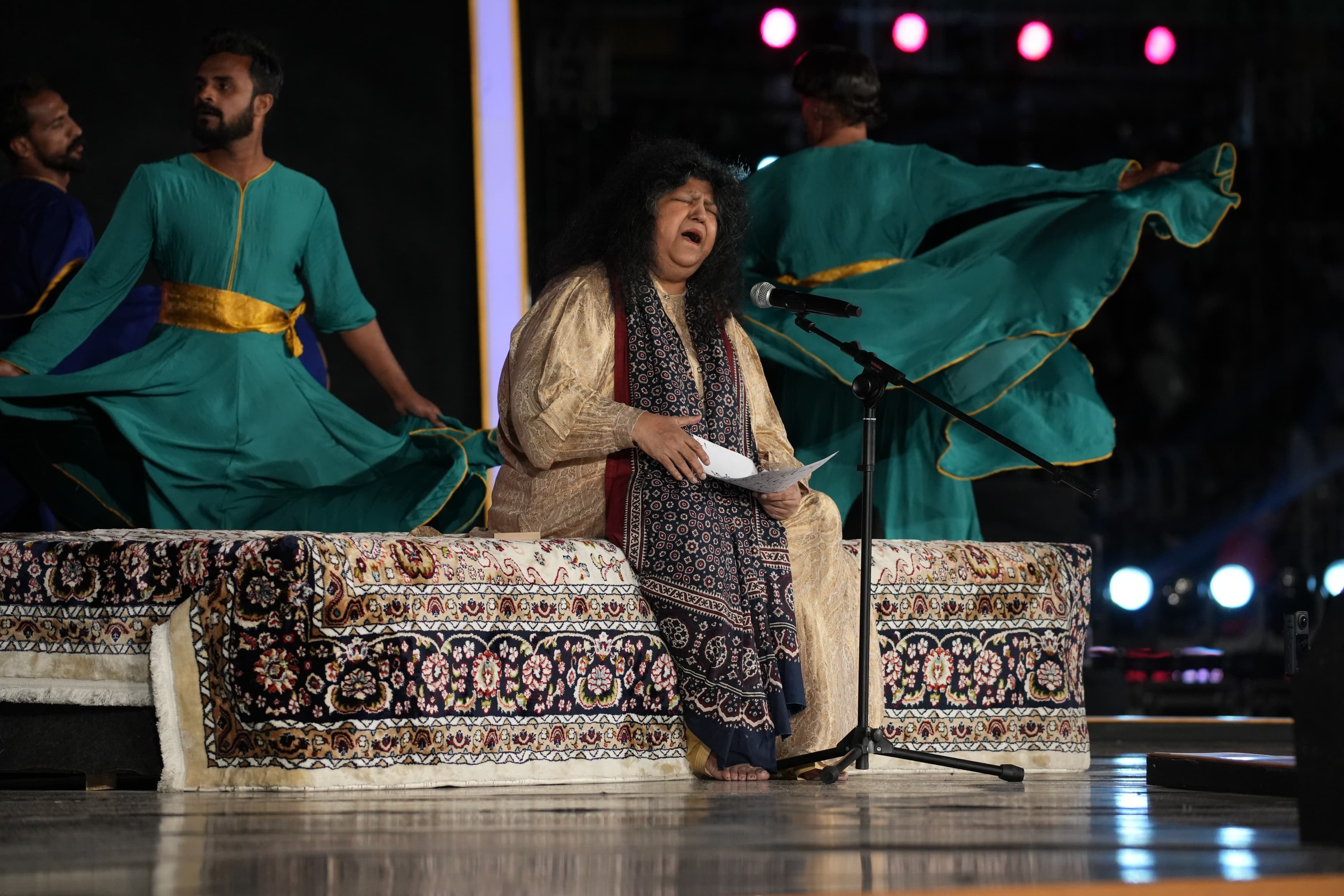
Excited?
That’s the question the PSL must ask — and answer — with urgency and honesty. Because while cricket remains at the heart of it all, a league can’t thrive on match scores alone. It needs moments. Noise. Community. The roar of a crowd that feels seen.
Fans don’t just want to show up — they want to belong. They want better stadiums with clean seating, shorter queues, and food that’s more than just a soggy samosa. They want a reason to bring their families, their kids, their friends. Right now, many walk in excited but walk out underwhelmed.
And as the stars fade — or simply skip the season — the void is real. Yes, homegrown heroes matter, but so does star power. The kind that lights up a night game in Karachi or makes a teenager in Multan scream when a global name walks out to bat. That balance of local grit and international glamour? It’s the secret sauce.
So here we are, ten seasons in. The PSL isn’t dying — not even close. But it is at a turning point. Relevance is a moving target, and loyalty can’t be taken for granted. If the league wants to remain the pulse of cricket in Pakistan, it must evolve — faster, bolder, smarter.
Because the real win? It’s not just the trophy. It’s the feeling. The anticipation. The joy. The reason a kid counts days to the next season.
That’s the excitement the PSL has to chase — and reclaim.
